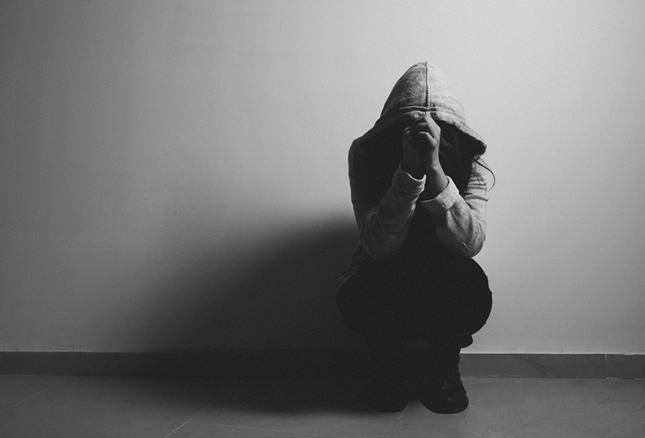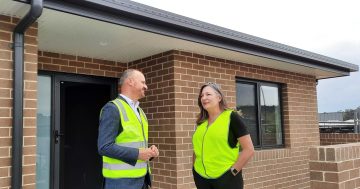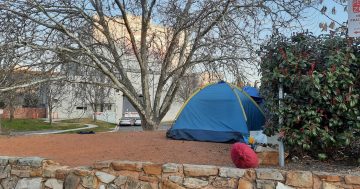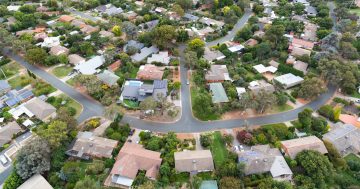
Meet the new face of homelessness. Female. Single. Older.
While a comfortable retirement beckons for many older people, there is a growing group of women who are facing a nightmare of poverty, homelessness and hopelessness.
The economic disadvantages facing many women are well known, but we generally consider what the impacts of this multiple disadvantage are over a lifetime. So, lets consider it. We know that women earn less than men throughout their lifetimes. We know that women have less superannuation savings. We know that women are much more likely to have time out of the workforce due to caring responsibilities –for children and increasingly for parents. We know that feminised industries are those that are poorly paid, casualised and can have poor income security. We know that women are much less likely to own property in their own right, and are less likely to rebound to financial security following relationship breakdowns. We also know that the violence that one in three women experience in their lifetimes can often lead to financial hardship. When we consider how all these factors may come together over a lifetime, it is not at all surprising that older women are facing increasing levels of poverty, financial stress and homelessness.
We are just starting to hear more about this issue. This week a number of ACT services reported the growing number of older women who are accessing homelessness services and facing the prospect of having nowhere safe to live. This comes at the same time as the Productivity Commission Report into ACT homelessness services was released and has revealed that that funding for the local sector continues to reduce.
We need to work hard to respond to this new group at risk of homelessness if we are serious about reversing the trend of the ACT having some of the worst rates of homelessness in Australia. We need to address the gendered issues of housing, and increase the level of social, community and affordable housing that is suitable for older women. Government certainly has a role but this is an issue that will only be solved in partnership with the private and community sector. We need to encourage innovation to deliver more suitable social and affordable housing for older women. We need more options that focus on both independent and communal living. We need to find models that can be priced in a way that is truly affordable. We need to see clever design that engages with, and embeds gender sensitive design – in the physical spaces, location in supportive communities, and accessibility to amenities and facilities. While the Government has made positive noises about a renewed commitment to affordable housing, we need to see real action to enable more people to access housing that is safe, affordable and provides a decent life.
In 2010 ground breaking research was released documenting the growing issue of older women’s homelessness. Entitled ‘It Could Be You’ it documented the reasons behind this growing phenomenon, and outlined the stories of women who are struggling with homelessness. It highlighted that anyone could be affected. All it takes is bad luck, bad health, a crisis, a relationship breakdown. It could be you. It could be me. Let’s work together to make sure it’s none of us.
What do you think? Do you think there is more we can do to ensure that older women do not become the new face of homelessness in the ACT?




















